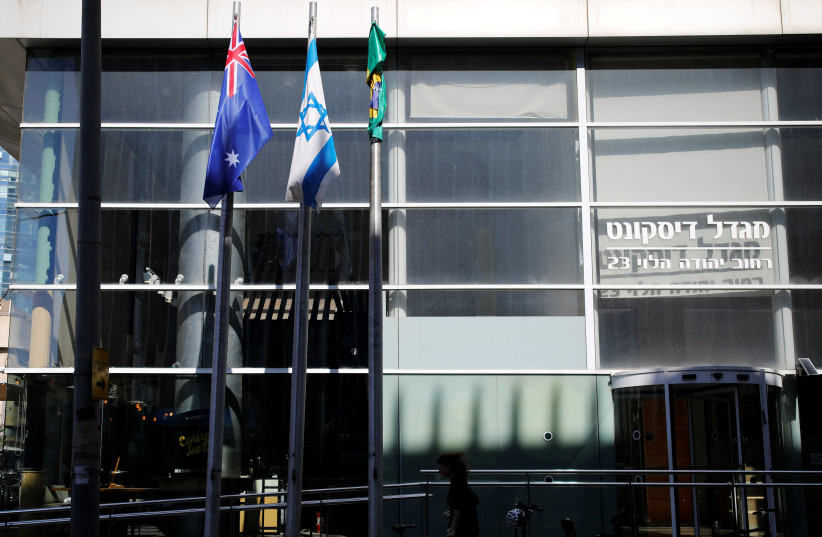Russia has more support for its war on Ukraine than Israel has had for its hold on its capital, Jerusalem.
The Bible records how the city was the ancient capital of the Kingdom of Israel some 3,000 years ago and the site of the Jewish Temple.
But in modern times, many in the international community refuse to acknowledge that Jerusalem is part of Israel, even though most world leaders who visit the country go to the city to meet with Israeli prime ministers and other top officials there.
It’s not a silent denunciation. At least six times in the last decade, the United Nations General Assembly has approved a Jerusalem resolution that disavows Israel’s connection to the city.
It declares that actions taken by Israel to impose laws, jurisdiction and administration on the holy city of Jerusalem are illegal and thus “null and void.”

The text also recalls UN Resolution 181. This was the original partition plan, which held that Jerusalem was a corpus separatum, which is Latin for “a separate entity.”
This text passed from 2016-2018, with as many as 148 to 151 votes of approval in those years out of 193. Compare that to the UNGA’s condemnation of Russia this month passed with slightly fewer votes, 143.
Even the United States failed until recently to recognize that Jerusalem was part of Israel. US citizens who wanted to register the birth of their children in that city could not have Israel as the country of birth on their passports.
Barack Obama, when he was president, might have flown to Jerusalem to eulogize veteran Israeli leader Shimon Peres. But the text of the speech he delivered at Mount Herzl Military Cemetery in the western part of the city did not include Israel as the location in which the address was delivered.
Former US president Donald Trump’s decision in 2017 to declare that Jerusalem was Israel’s capital and to relocate the American embassy there from Tel Aviv in 2018 was seen as a significant step in support of Israel’s hold on its capital city.
Only three other countries have followed the US example – Guatemala, Honduras and Kosovo. Liberia, Togo and Malawi are expected to open embassies in Jerusalem.
Australia’s decision in 2018 to declare that Jerusalem was the capital of Israel helped shore up that move, even if the embassy remained in Tel Aviv. To back up that declaration, it opened a trade office in the city. Some eight other countries have done so as well, such as the Czech Republic, Slovakia, Hungary and Serbia.
Prime Minister Yair Lapid, as well as his predecessors Benjamin Netanyahu and Naftali Bennett, all campaigned to change Jerusalem’s status in the international arena, with what appeared to be initial successes.
Last year, for example, support for the Jerusalem resolution at the UN dropped; it passed with only 129 votes.
Liz Truss' special moment
There was a moment this fall, when the United Kingdom’s newly installed Prime Minister Liz Truss promised to consider relocating her country’s embassy to Jerusalem, that it appeared there was a sudden sweep of support in the Western Anglo world for Israel’s connection to its ancient biblical capital. This could have included the US, Australia and Great Britain.
Australia’s surprising decision this week to that is no longer recognized Jerusalem as Israel’s capital doomed that possibility.
Domestically, the argument over Jerusalem has often focused on whether it should be a united city under Israeli sovereignty or a shared capital, with the eastern part of the city becoming part of a future state of Palestine.
But in the international arena, the battle is for recognition that Jerusalem, even the western part of the city with the pre-1967 lines, is part of Israel.
Australia’s backtracking on Jerusalem, which comes just two weeks before Israel’s election, is a diplomatic loss for Lapid. It could also discourage other countries from standing up in favor of Israel’s ties to Jerusalem.
It could also mark the start of the reversal of Israel’s hard-won diplomatic victories to legitimize its ties to Jerusalem in the International arena.
